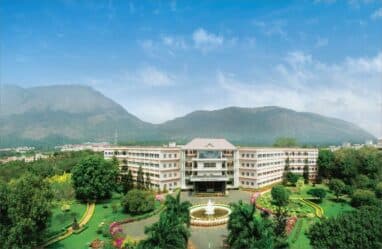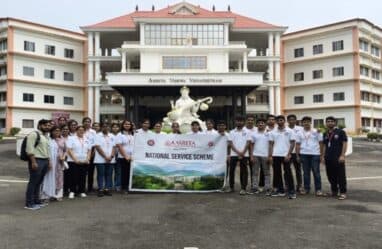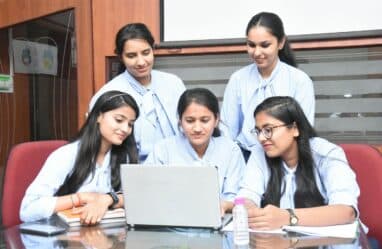NEP 2020: Great new policy gets a big okay and has lot to offer
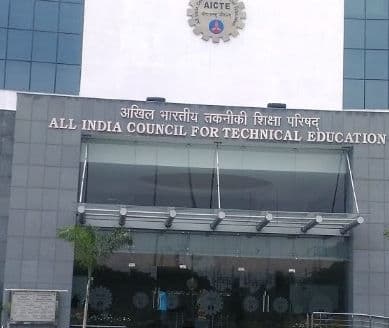
NEP 2020, the New Education Policy of India has received a formal go ahead from the union government on 29 July.
Forming the new education policy was an exercise taken up by the present government during its previous tenure.


What are the special points in the NEP-2020. The first point is that it paves way for restructuring the school learning from its present 10+2 model to 5+3+3+4 model that covers ages of 3 to 18.
The second highlight point in NEP 2020 is that it paves way to rename the well-known Ministry of Human Resource Development into Ministry of Education.
NEP 2020 will also pave way for establishment of a central regulatory board for all school boards.

This will be named National Assessment Centre to ensure uniform education levels across the country.
As per NEP 2020, government also planned to introduce vocational training for school children for students from classes 6, this will include internships and also reducing the textbooks.
These points of NEP 2020 are with regards to school education. There is something for higher education also in the NEP 2020.

The special point in NEP 2020 for higher learning is that it will allow multiple entry and exit options in undergraduate programmes, multi-disciplinary courses.
This will also have option of 3 or 4 years for UG programmes and discontinuation of M.Phil programme.
Union Minister for HRD Ramesh Pokhriyal Nishank said the changes that are being brought in the field of education through NEP 2020 will be incremental and also transformational.
School children will be getting more fexibility and choice of subjects to study, particularly in secondary school-including subjects in physical education, arts and crafts and vocational skills.
That is not all, there will be no hard seperation between curricular, extra curricular and co-curricular activities in arts, science and humanities streams. There will be no hard seperation between vocational or academic streams in the NEP 2020.

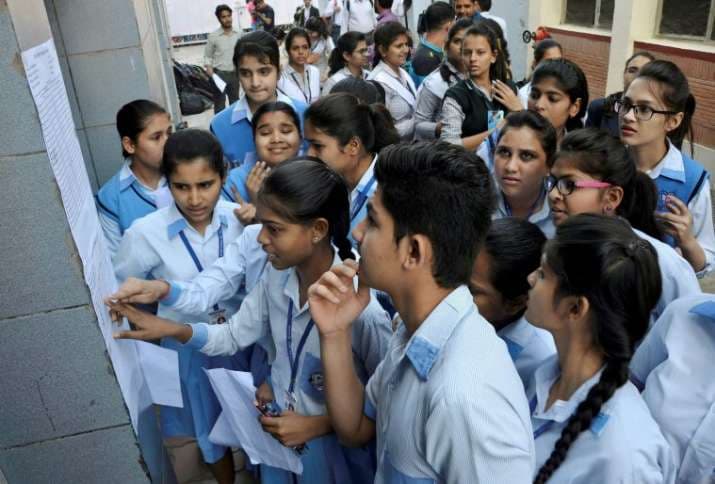
There are many highlights in NEP 2020, one of them is that higher education regulatory bodies namely University Grants Commission (UGC) and All India Council for Technical Education (AICTE) and National Council for Teacher’s Education (NCTE) will be merged into a single higher education commission.
Also read ‘IIT Madras researchers show carbon nanotube composities can reduce vibrations in automobiles‘
Board exams for grades 10 and 12 will be made easier under the NEP 2020, board exams for grades 10 and 12 will focus on testing primarily core capacities or competencies rather than months of coaching and memorization.
NEP 2020 which was approved by union goverment was made based on the versions prepared by two committees, one under the leadership of T.S.R. Subramanian and the other under the aegis of K. Kasturirangan.
The highlights
# NEP 2020 aspires to universalise education from pre-school to secondary school with an aim of securing 100 percent gross enrolment ratio in school education by 2030.
# NEP 2020 also wishes to bring back children who are out of stream into the mainstream of education.
# As per NEP, the report cards will be comprehensive report on skills and capabilities instead of being a report of marks and statements.
# As far higher education is concerned, the NEP 2020 aspires to increase gross enrolment ratio in colleges to 50 percent 2035.
# NEP also aspires to add more seats in the higher education sector. Sources point that 3.5 crore seats would be added in higher learning arena in this country.
Views
While the government has approved NEP, people have already given out their opinions.
G. Sharat Chandran, a retired teacher speaking about the medium of instruction till grade 5 or preferably till grade 8 being english said it remains to be seen if this point will be imposed on private english medium schools or not.
As per NEP, higher education institutions except that of legal and medical are to be governed by a single regulator.
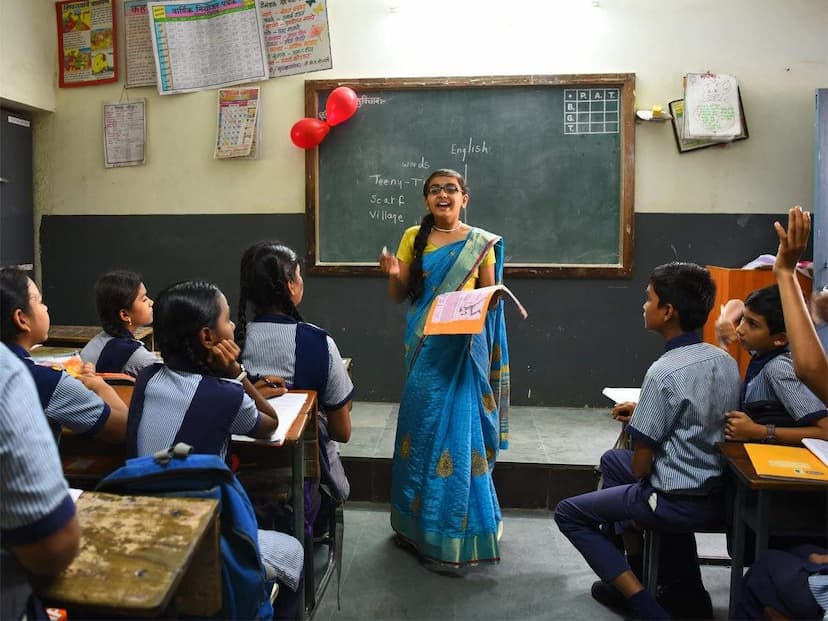
The school system
The system of 5+3+3+4 means, the first five years will be the foundation time which includes three years of pre-primary school and classes 1 and 2.
The next three years is preparatory stage which includes classes 3 to 5.
The other three years is middle phase from classes 6 to 8 and other four years is the secondary stage which comprises classes 9 to 12.
S Vishnu Sharmaa now works with collegechalo.com in the news team. His work involves writing articles related to the education sector in India with a keen focus on higher education issues. Journalism has always been a passion for him. He has more than 10 years of enriching experience with various media organizations like Eenadu, Webdunia, News Today, Infodea. He also has a strong interest in writing about defence and railway related issues.


